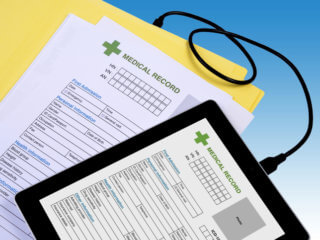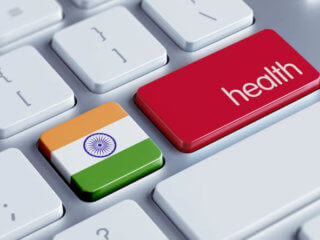Digital Information Security in Healthcare Act proposed to secure digital health records
Digital Information Security in Healthcare Act (DISHA) is proposed by the Indian government to secure eHealth data. The government is supporting hospitals in managing clinic’s data.
In India, whenever a patient consults a doctor, the hospitals like Apollo and WockHart, maintains a record of all his reports that contains every minute detail such as diagnosis of the disease, the treatment recommended including any prescriptions given to the patient. Every hospital is supposed to keep the record of the patients safe because it consists of sensitive personal information about the patient.
Fulfilling its promise of providing safe digital avenues to the citizens, the government of India has proposed Digital Information in Healthcare Security Act (DISHA) that provides tougher privacy and security measures for digital health data.
This act would help hospitals in securing their patient data efficiently. The hospital has to provide the patients with a copy of their medical reports upon request made by them.
There are many personal record providers, whom you can use to store your health data, digitally. This information will help you to make a wise choice regarding whether you want to get access to a high-technology or a less costly not so secure health system. These are the names of some of the 5-star top-rated health record providers.
The first in the list is Google Health by Google that has almost all features of a good health record system and is available for free. Microsoft health vault, Web MD PHR, 911 medical ID, Patient Ally, is preferred by the majority of users to keep their information protected from the hackers.
Since these personal health records have details like mental, health condition and any sexual ailments, it is to be kept highly confidential.
According to the draft Digital Information Security in Health Care Act, any hacker who intrudes into the privacy of another person, will be punished with a term of 3 to 5 years imprisonment. The hacker would be charged with a fine up to 5 Lakhs.
The proposed law also states that it is wholly up to the patient’s will whether to share or not to share any of his information with digital health providers. Furthermore, the insurance companies can’t by any means get access to a patient’s medical information when he approaches the company for purchasing an insurance policy.
If the patient gives an express consent, then the insurance company can collect the information. This draft also recommends the creation of a National Electronic Health Authority to overlook the whole system.
The digital personal health records are the private properties of the patients that have much information relating to his mental and physical conditions. Anyone who tries to hack this will be punished, according to the draft DISHA act.
A NeHA or National eHealth Authority is to be set up in India to monitor the working of Digital Health information systems in India.
This not only secures patients’ information but also reminds the busy working mothers the vaccination schedule of their children and many other valuable services to the patients. It also facilitates the patient to communicate with the doctors online and get quality treatment at the patient’s doorsteps.
India seems to be following the footsteps of developed countries to digitize their healthcare delivery services and transform the lives of its citizens.
Image credit: www.ncphn.org.au

















